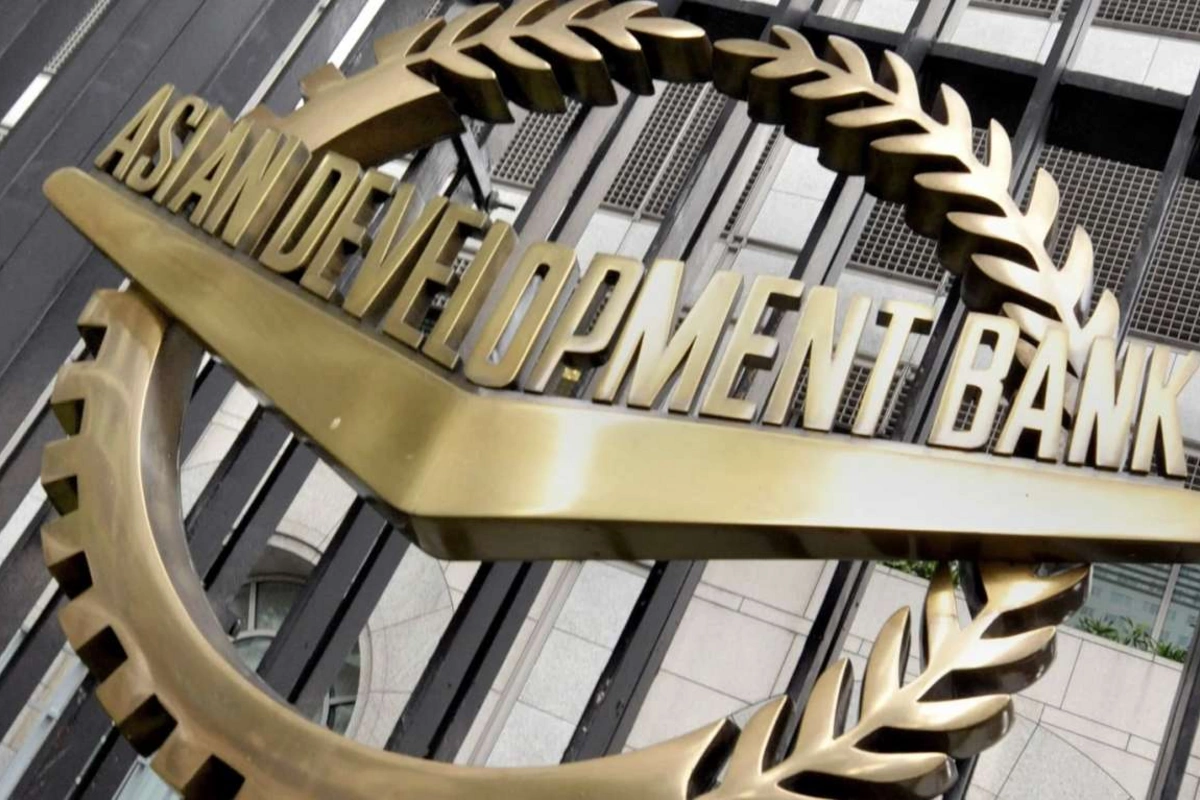
The Glaciers to Farms program, launched by the Asian Development Bank (ADB), aims to promote sustainable water use and ensure food security in Central Asia, the South Caucasus, and Pakistan, regions severely impacted by accelerated glacial melt due to climate change.
Google images
The Asian Development Bank (ADB) has launched an innovative regional program called Glaciers to Farms, designed to address the severe impacts of accelerated glacial melt in Central Asia, the South Caucasus, and Pakistan, The Caspian Post reports.
The Glaciers to Farms program, launched by the Asian Development Bank (ADB), aims to promote sustainable water use and ensure food security in Central Asia, the South Caucasus, and Pakistan, regions severely impacted by accelerated glacial melt due to climate change.
Supported by the Green Climate Fund’s (GCF) Project Preparation Facility, the initiative will include comprehensive risk assessments of glacial melt in countries such as Azerbaijan, the Kyrgyz Republic, Tajikistan, and Uzbekistan. These assessments will provide the scientific and technical foundation for the program, which is critical in addressing the escalating threats posed by climate change.
Temperatures in the region are projected to rise by up to 6 degrees Celsius by 2100, posing a severe threat to fragile ecosystems. The rapid loss of glacial mass endangers water supplies for agriculture and hydropower—two sectors vital for the livelihoods of over 380 million people. Additionally, the erratic glacial melt is expected to increase the risk of flooding in downstream areas, further exacerbating the challenges faced by local communities.
The Glaciers to Farms program seeks to mobilize up to $3.5 billion in funding from ADB, GCF, governments, development partners, and the private sector, pending approval from the respective boards. Alongside investments in water management and agricultural practices, the program will prioritize support for vulnerable communities, particularly those in fragile mountain regions most directly affected by glacial melt.
Share on social media